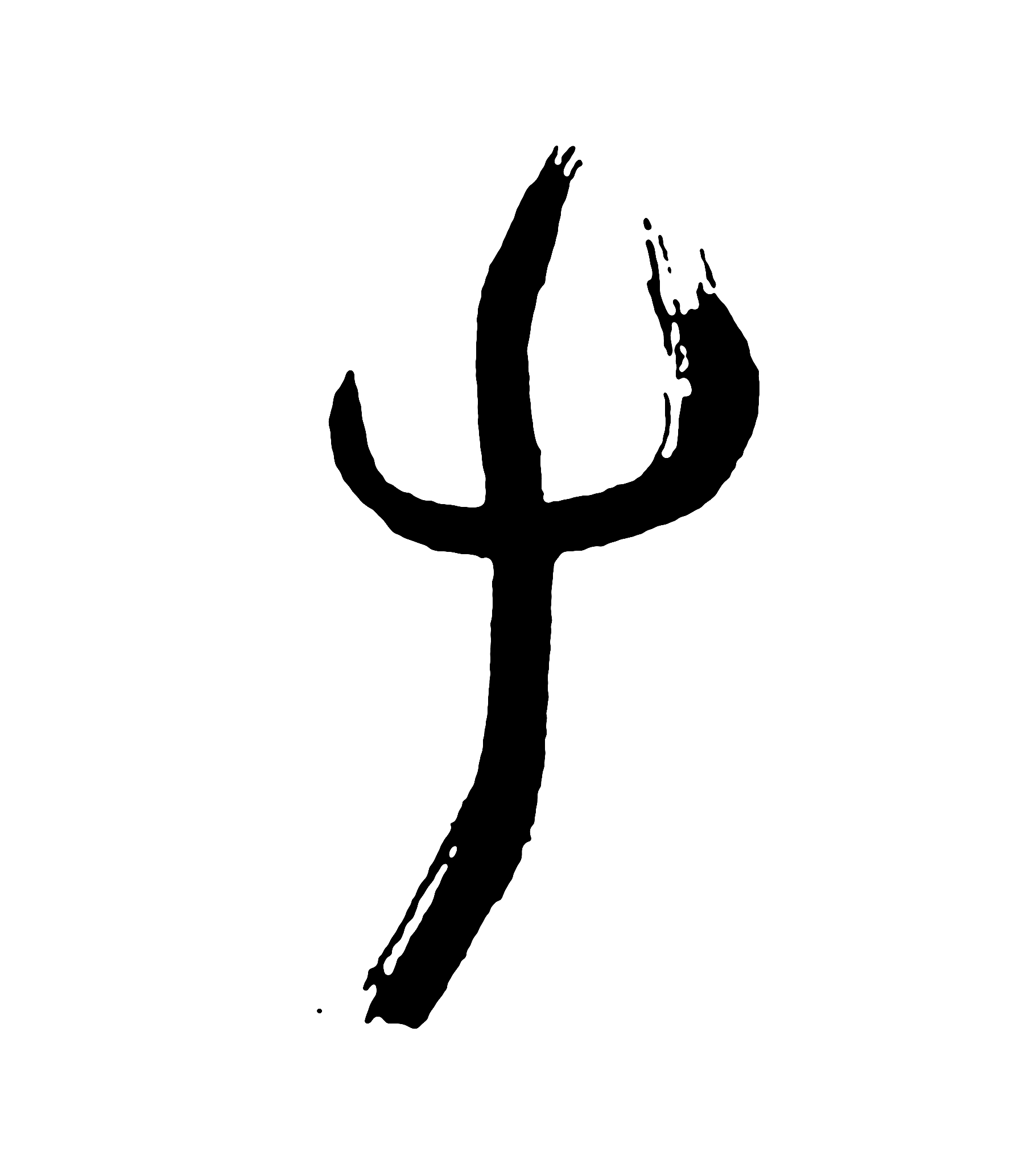YUTAKA MATSUZAWA
June 30–August 18, 2019
Thursday–Sunday, 12–6pm
Opening June 29, 5–7pm
Curated by Alan Longino and Reiko Tomii
Yutaka Matsuzawa (1922–2006) was considered the father of Japanese conceptual art. Born in Shimo Suwa in central Japan, he studied architecture during the war, and upon witnessing the after effects of the firebombing of Tokyo in March 1945, he proclaimed upon his graduation from school that he wished “to create an architecture of invisibility.” Once he gave up architecture, he wrote poetry, made paintings, and worked as both an artist and teacher in his hometown. In his pursuit of ways to express the invisible invisibly, Matsuzawa began to develop a unique understanding of conceptual art that both elevated and transcended the typical notions of conceptual art in the western, euro-centric art worlds. However, exhibitions and publications for Matsuzawa in the West have only occurred infrequently, and to this day his work has still not been given the same space for consideration and understanding that many others situated in the West have thus received.
In light of this history, the exhibition at Yale Union will be the first in the U.S. for the artist, and alongside the exhibition the artist’s seminal publication, Quantum Art Manifesto, from 1988, will be re-published for the first time outside of Japan in an edition of 500. During the exhibition, art historian Namiko Kunimoto will speak on the collaborative work between Yutaka Matsuzawa and the female Butoh dancer, Tsujimura Kazuko.
Alan Longino is an art historian and curator based in Cologne, Germany. His M.A. thesis in Art History from CUNY Hunter College (2017) focused on the event of telepathy within information as the source of image production. His writing has appeared in the Haunt Journal of Art, from UC Irvine.
Reiko Tomii is a New York-based scholar and curator who investigates post-1945 Japanese art as a vital element of world art history of modernisms. She organized exhibitions with Yutaka Matsuzawa until his death in 2006. Her book Radicalism in the Wilderness: International Contemporaneity and 1960s Art in Japan was published by MIT Press and won the 2017 Robert Motherwell Book Award, which recognizes outstanding publications in the history and criticism of modernism in the arts. The book has recently been turned into an exhibition Radicalism in the Wilderness: Japanese Artists in the Global 1960s, currently on view at Japan Society Gallery in New York (through June 9), in which Matsuzawa is prominently featured.
The curators wish to thank the Matsuzawa family—Kumiko, Yoko, and Haruo—for their support and guidance for this project. Special thanks is extended to Gary Robbins and Hope Svenson for their focus and diligence with the publication and exhibition organization. Equally, thanks is given to Jeff Rothstein, Rachel Valinsky, Nebahat Avcioglu, Louwrien Wijers, Paul Goede, Yoshiko Shimada, Misa Shin, Daniel Kiss, Jan Kaps, Rodney & Taka Nonaka-Hill, Namiko Kunimoto, and Matt Jay.
#1. Installation view
#2. The Nine Meditation Chamber, 1977, detail.
#3. Installation view
#4. Installation view
#5. Psi Corpse, 1964/1995.
#6. Installation view
#7. My Own Death, 1970.
#8. Installation view
#9. Installation view
All works from the collection of Kumiko Matsuzawa.
Photos by Leif Anderson
